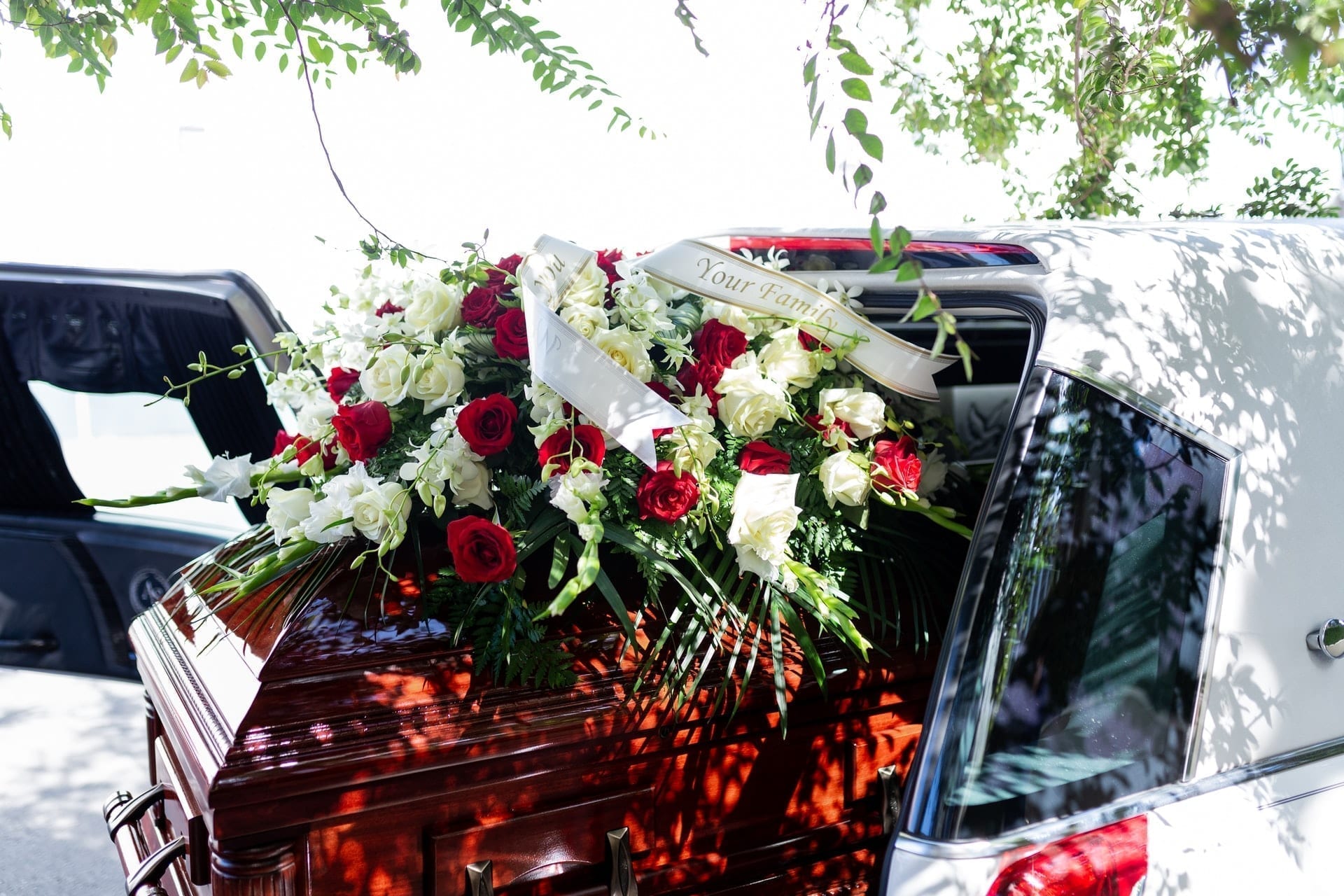Maybe. A “family crisis” is one reason prison officials grant furlough to prisoners. If your loved one dies while you’re incarcerated, you could be granted furlough. But staff does not have to grant it in this situation.
What is furlough?
Furlough is when an incarcerated person is allowed to leave prison for a short period of time during their sentence. Prisons grant furlough for specific reasons like going to court or seeing a doctor. But you can also get furloughed for personal reasons.
A “social” furlough allows you to leave prison for personal reasons. Examples of personal reasons include for release planning, for religious activities and for family issues. The average length of a social furlough is three to seven days. But they can often be shorter than that, too.
Can you get furlough to go to a loved one’s funeral?
Yes. You can get a furlough to go to someone’s funeral. Many prisoners get furlough when a close loved one dies. However, this is not a right. It is a privilege. Administrators at your jail or prison have the final say over whether or not you can go.

How do you request furlough if a loved one dies?
There is an official process for asking for furlough. The BOP has a form that you must use. If you are in a state or local facility, the process might be different. But there are some common things you need to prepare to apply for furlough.
- Purpose. You need to state why you are asking for furlough. Be specific.
- Furlough address. Provide the address of the place where you will stay while you are out.
- Telephone number. You also need to provide a phone number for the place where you will be staying. The agency must be able to reach you.
- Emergency contact. Officials will need someone to contact if any emergency comes up.
After you fill out the form and submit it, officials will consider your request. If they approve it, they will make arrangements for your short release. But if they deny it, they will let you know why.
Will you be in supervised while on furlough?
It depends. In some cases, you will be supervised the entire time you are on furlough. For example, you may be supervised if you leave prison to attend a court date. You might also be supervised while you are on a medical furlough.
If you are on a “social” furlough, you may be granted unsupervised furlough. That means that your facility trusts you and the people around you to stay out of trouble and report back after.
But you should be careful. If you do not report back to where you need to be, it will be considered an escape. Prison escapes can come with very serious penalties.
The Takeaway:
If a loved one dies while you are incarcerated, you might be able to receive furlough. Jails and prisons offer furlough for many reasons. One of them is for family emergencies. However, furlough is a privilege and not a right. You can apply for furlough, but administrators are not required to approve it. They have the final say.






